The rise of AI-generated vocal covers has sparked a heated debate in legal and creative circles. As artificial intelligence systems increasingly replicate the voices of famous singers, questions about copyright infringement and the legal status of training data have come to the forefront. This emerging technology exists in what many describe as a "legal vacuum," where existing intellectual property frameworks struggle to address the novel challenges posed by machine learning.
The core controversy centers on whether using copyrighted recordings to train AI models constitutes infringement. Record labels and some artists argue that these systems effectively "steal" their vocal fingerprints without permission or compensation. On the other side, AI developers maintain that their use falls under fair use provisions, as the training process involves analyzing patterns rather than directly copying protected works.
Legal experts note that current copyright laws were written long before the advent of machine learning technologies. "We're trying to fit square pegs into round holes," says intellectual property attorney Miranda Clarkson. "The law protects fixed expressions, not styles or patterns - but what happens when an AI can perfectly emulate a singer's style without technically copying any specific recording?" This gray area has led to conflicting interpretations across different jurisdictions.
The training data dilemma presents particularly thorny issues. Most AI voice models require thousands of hours of audio samples to achieve convincing results. While some companies use properly licensed material, many datasets reportedly contain scraped content from platforms like YouTube or Spotify. The opaque nature of these training processes makes it difficult to determine what constitutes lawful use versus infringement.
Recent lawsuits have begun testing these boundaries. Several high-profile cases involve record companies suing AI startups for allegedly using copyrighted songs to train vocal synthesis models. The outcomes could establish important precedents about whether the ingestion of copyrighted material for machine learning purposes requires licensing. Some legal scholars suggest these cases might lead to new interpretations of transformative use in copyright law.
Beyond legal technicalities, the ethical dimensions remain equally complex. Many artists feel violated hearing their voices reproduced without consent, regardless of legal standing. "It's not just about money," explains Grammy-winning producer David Kwong. "There's something fundamentally unsettling about having your artistic identity reduced to data points that can be manipulated by anyone with the right software." This sentiment has fueled calls for new forms of moral rights protection in the digital age.
The music industry finds itself at a crossroads. Some labels have begun exploring licensing deals with AI companies, seeing potential revenue streams in voice cloning technologies. Others take a hardline stance, pushing for legislation that would explicitly require permission for any commercial use of artist voices. The lack of international consensus further complicates matters, as different countries approach these questions with varying legal philosophies.
Technological advancements continue to outpace legal developments. Newer AI systems can now generate convincing vocal performances from relatively small samples, raising additional questions about what constitutes sufficient transformation to avoid infringement claims. Some systems even blend multiple voices to create synthetic singers that don't directly correspond to any real artist - though critics argue these still rely on unauthorized training data.
Consumer attitudes add another layer to the debate. Many fans enthusiastically embrace AI covers as creative expressions in their own right, while others view them as inauthentic or exploitative. Streaming platforms face their own dilemmas about whether to host such content, with policies varying widely across services. This uncertainty creates a Wild West atmosphere where practices flourish until explicitly prohibited.
Looking ahead, potential solutions might involve new forms of collective licensing or technological safeguards. Some propose blockchain-based systems to track training data provenance, while others advocate for standardized opt-in mechanisms for artists. What remains clear is that as AI capabilities grow more sophisticated, the pressure to clarify these legal boundaries will only intensify. The decisions made in coming years could reshape not just the music industry, but the very nature of artistic ownership in the digital era.
The AI vocal cover phenomenon ultimately forces us to reconsider fundamental assumptions about creativity, ownership, and the boundaries of technological innovation. As courts and legislators grapple with these questions, the outcomes will likely influence not just music, but all creative fields where AI begins to blur the line between human and machine expression. In this uncharted territory, the only certainty is that the legal system must evolve to address realities that existing frameworks never anticipated.
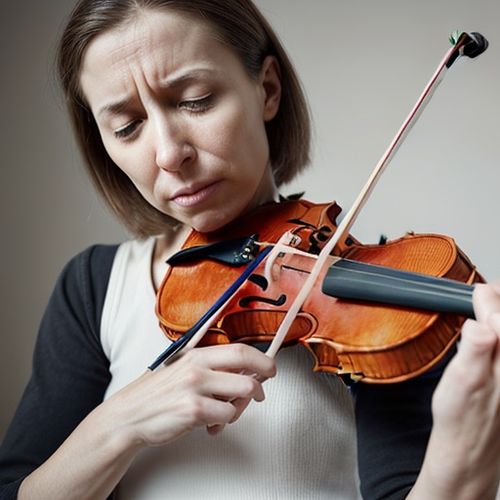
By Ryan Martin/Apr 14, 2025
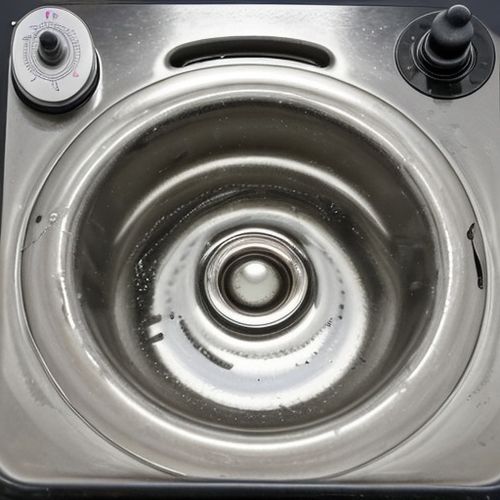
By Daniel Scott/Apr 14, 2025
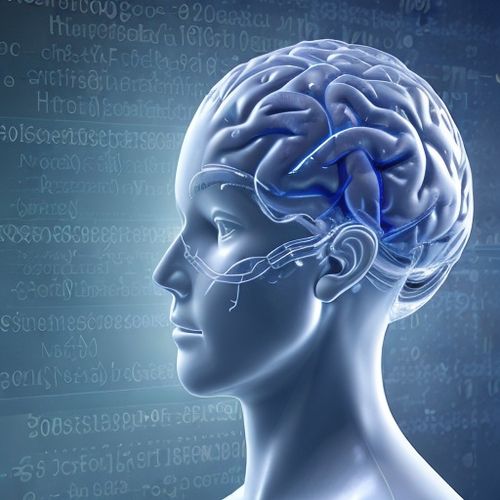
By Megan Clark/Apr 14, 2025

By Noah Bell/Apr 14, 2025
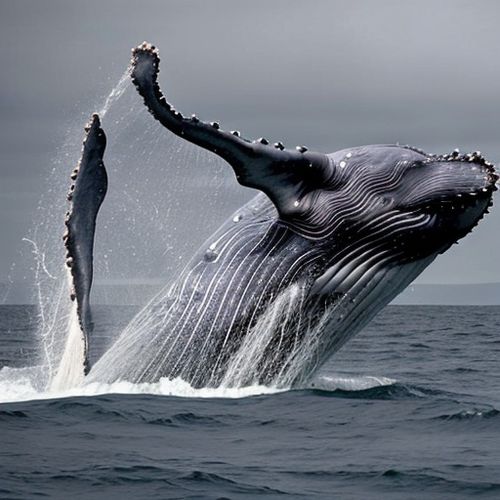
By George Bailey/Apr 14, 2025
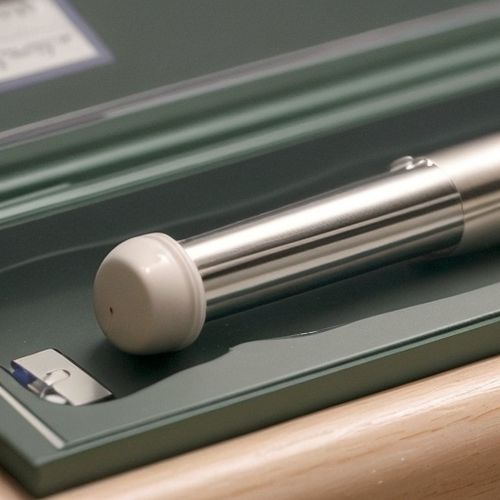
By Laura Wilson/Apr 14, 2025

By Ryan Martin/Apr 14, 2025

By Grace Cox/Apr 14, 2025
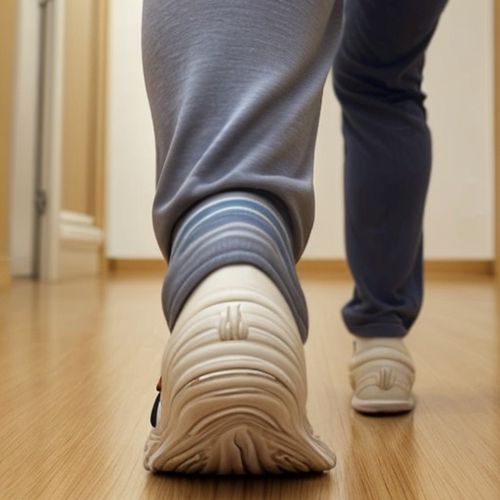
By Amanda Phillips/Apr 14, 2025

By Joshua Howard/Apr 14, 2025

By Emily Johnson/Apr 14, 2025
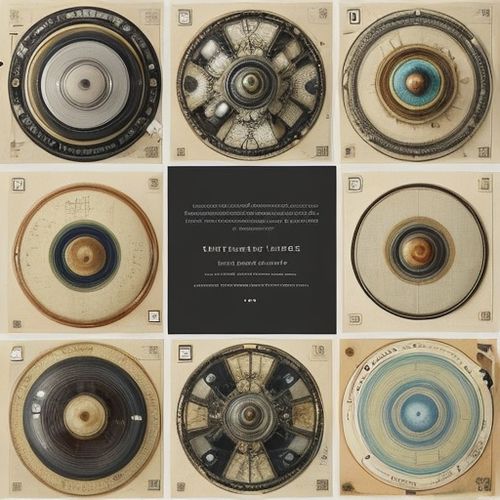
By Michael Brown/Apr 14, 2025

By Benjamin Evans/Apr 14, 2025
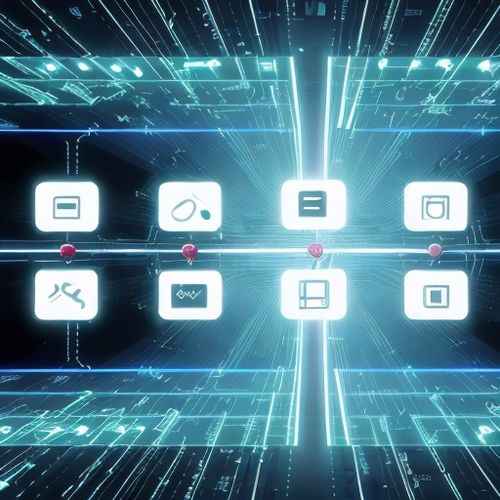
By Megan Clark/Apr 14, 2025
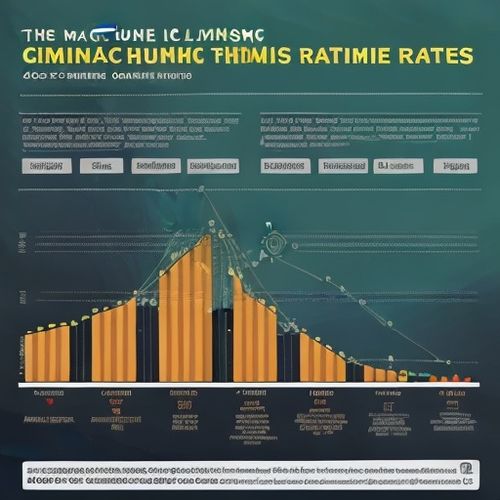
By Lily Simpson/Apr 14, 2025
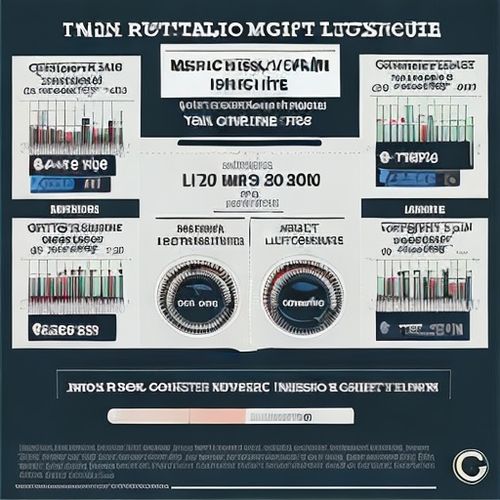
By Samuel Cooper/Apr 14, 2025

By Olivia Reed/Apr 14, 2025
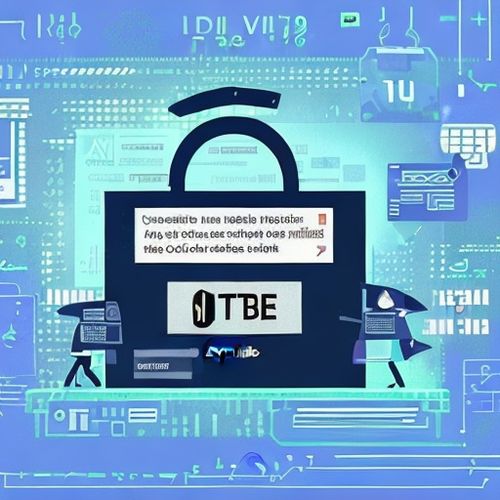
By Christopher Harris/Apr 14, 2025

By Megan Clark/Apr 14, 2025

By Emma Thompson/Apr 14, 2025